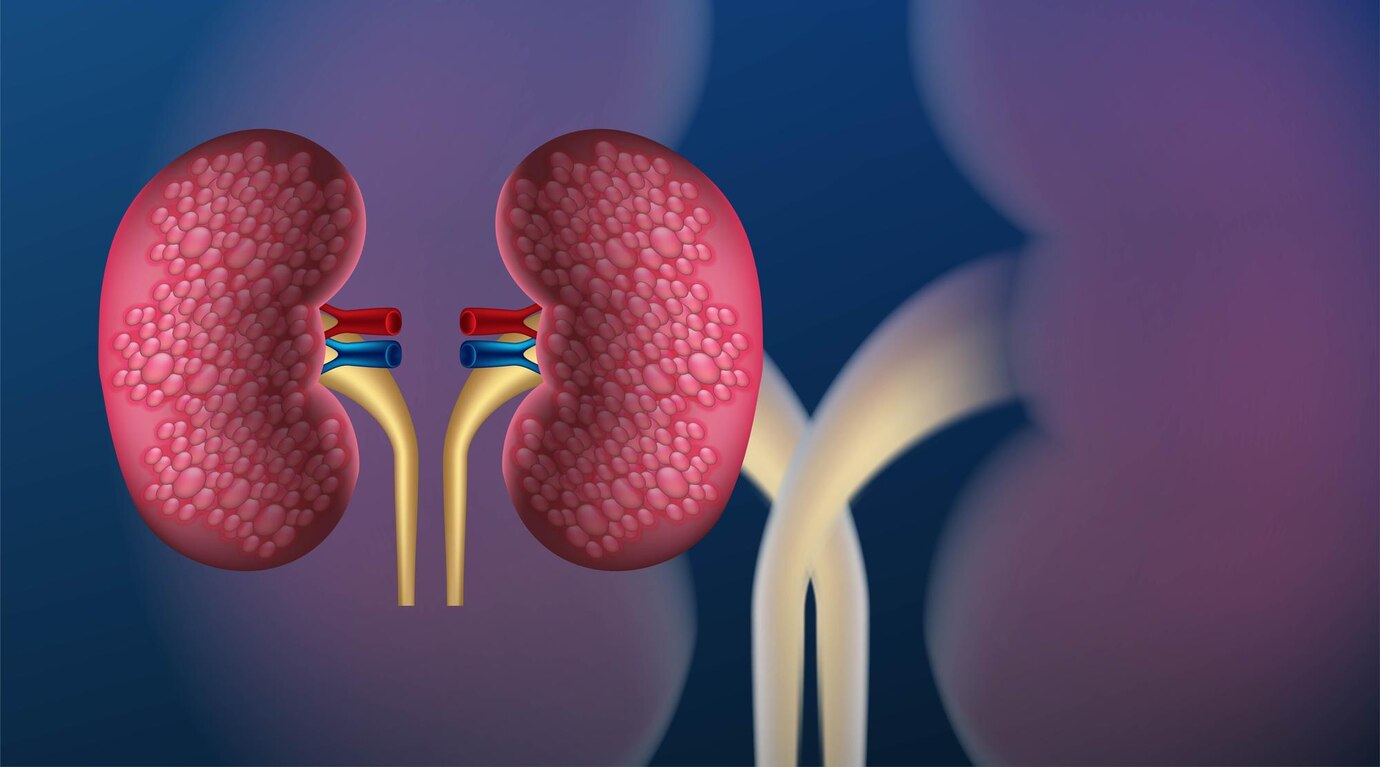
Understanding Kidney Stone Causes and Risks
Understanding Kidney Stones: Causes, Risk Factors, and Prevention
Kidney stones are a common and painful health condition, but understanding the causes and risk factors behind them can help you take proactive steps to protect your kidney health. Here’s a simple breakdown to guide you.
Causes of Kidney Stones
Kidney stones form when substances like calcium, oxalate, and uric acid in your urine become too concentrated and begin to crystallize. The exact cause can vary depending on the type of stone, but several factors contribute to the development of kidney stones:
- Dehydration: When you don’t drink enough water, your urine becomes more concentrated, making it easier for minerals to form crystals and stones.
- Dietary Factors: Eating too many foods high in oxalates (such as spinach, beets, and nuts), sodium, or animal proteins can increase the likelihood of stone formation.
- Underlying Medical Conditions: Conditions like hyperparathyroidism, diabetes, gout, and urinary tract infections (UTIs) can make you more susceptible to developing kidney stones.
- Medications: Certain medications, such as diuretics, may increase the concentration of substances in the urine that can form stones.
Common Risk Factors for Kidney Stones
Several factors can increase your risk of developing kidney stones. Being aware of these risk factors can help you take steps to reduce your chances of forming stones:
- Dehydration: Not drinking enough water results in concentrated urine, which increases the likelihood of stone formation. Aim to drink at least 8 cups (about 2 liters) of water a day.
- Dietary Choices: High sodium, excessive animal protein, and foods rich in oxalates can contribute to kidney stone development. It’s important to limit processed foods and salt intake.
- Family History: If someone in your family has a history of kidney stones, you may be more likely to develop them yourself.
- Obesity: Being overweight can increase the risk of kidney stones by altering your urine composition and metabolism.
- Chronic Conditions: Conditions like gout, diabetes, inflammatory bowel disease (IBD), and chronic urinary tract infections can make it easier for kidney stones to form.
- Age and Gender: Men are more likely to develop kidney stones, and the risk increases with age.
Prevention Tips for Kidney Stones
To reduce the risk of kidney stones, there are several lifestyle changes and preventive measures you can take. By making small adjustments to your daily habits, you can significantly lower your chances of developing kidney stones:
- Stay Hydrated: Drink plenty of water throughout the day. Aim to drink at least 8 cups of water daily to keep your urine diluted and prevent the formation of stones. Adding lemon to your water may also help, as citrate can inhibit stone formation.
- Eat a Balanced Diet: A diet rich in fruits, vegetables, and whole grains is essential. Limiting foods high in oxalates (such as spinach and beets) and animal proteins will help prevent kidney stones.
- Maintain a Healthy Weight: Excess weight can contribute to kidney stone formation. Regular exercise, combined with a healthy diet, can help maintain a healthy body weight.
- Limit Sodium and Animal Proteins: High sodium intake and excessive animal protein can increase your risk of forming kidney stones. Limit processed foods and aim for balanced meals.
- Manage Underlying Conditions: If you have a condition like gout or inflammatory bowel disease (IBD), it’s important to manage it with the help of your healthcare provider. This can reduce the risk of kidney stone formation.
Additional Tips and Advice
- Monitor Your Calcium Intake: While calcium is essential for bone health, too much calcium from supplements may increase the risk of kidney stones. Talk to your doctor about your calcium needs and whether supplementation is necessary.
- Avoid Excessive Vitamin D: High levels of vitamin D can lead to increased calcium absorption, which may raise the risk of stones. Be cautious with vitamin D supplements.
- Regular Checkups: Regular medical checkups can help detect underlying conditions that may contribute to kidney stones. Consult your healthcare provider if you have a history of kidney stones or any related conditions.
Conclusion: Protecting Your Kidney Health
By understanding the causes and risk factors for kidney stones, you can take the necessary steps to reduce your risk. Staying hydrated, maintaining a balanced diet, and managing underlying conditions are all essential components of kidney stone prevention. Remember, small lifestyle changes can make a big difference in protecting your kidneys for the long term.
To seek medical advice, always consult a Doctor. Here are our recommended experts. Click here
To read more on Kidney stones. Click Here

